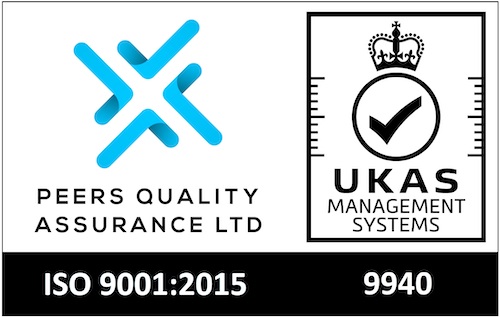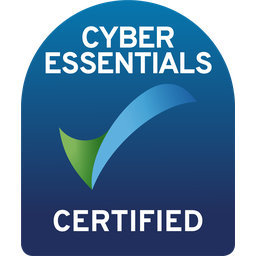DBS Checks For Schools, Colleges, Childcare and people in Education
DBS Checks for Nursery Staff
Nursery schools and kindergartens play a hugely important role in the education system. While they offer childcare for parents that need to work during the day, nurseries are Early Years Education Settings, which help young children to take their first steps on their learning journey.
Offering a stepping stone between home and school, Early Years lets children understand how to work and play with other children and to socialise. They will also undertake fundamental learning, looking at things such as shape and colour. They’ll also learn how to write their name and discover how people dine together.
In the Early Years Setting, the nursery staff operate across a number of levels, from supporting children’s learning to assistance with eating and toileting. At nursery, many children are still in nappies or in toilet training. Most staff will be involved in helping the children with these personal practices.
Taking into consideration the age of the children and the nature of the work involved, almost every member of staff working in a nursery, a kindergarten or an early years setting will be eligible for an Enhanced DBS check with Children’s Barred list check.
Early Years Education is regulated by Ofsted and – as with schools – there are stringent procedures in place to ensure the health, safety and wellbeing of the young children that may spend much of their day in the nursery setting.
Do Nursery Staff Need a DBS check?
Ofsted has made DBS checks for nursery staff a requirement of employment. As with other professionals working directly with children in childcare, an Enhanced DBS check is statutory.
As nursery staff, the role necessitates working directly with children both regularly and frequently. A rigorous DBS policy in a nursery setting is key to safeguarding and ensuring that every member of staff working with children is suitable to do so.
Who is eligible for a DBS check in a nursery?
The quick and simple answer is almost everyone. However, nurseries can range widely in terms of size and staff members, from small local nurseries having a handful of staff to larger nursery groups with locations across the UK.
With three levels of DBS – basic, standard and enhanced – it is essential that all employees undergo the check that they are eligible for, to ensure that Ofsted requirements and the safeguarding of children are adhered to.
Who Needs an Enhanced DBS in a Nursery?
It is extremely likely that all staff working with the children will be eligible for an enhanced DBS check including a children’s barred list check as they will be engaging in regulated activity.
There may be other employees in the organisation – management, caretaking staff – that may still be eligible for this level of check, even though they do not work directly with the children. Other employees’ eligibility may be based on their place of work, which would be included on the list of limited range of establishments’. If a nursery or a registered childcare premises is on the limited range of establishments and an employee works there on a frequent basis. ‘Frequent’ is considered to be once a week or more often, or on 4 or more days in a 30-day period.
Employees that work in the establishment on a frequent basis, detailed above, they will likely be eligible for an enhanced DBS check with a check against the children’s barred list. These employees would include maintenance teams, catering and administrative staff.
It’s clear to see that tutors work closely and directly with children and young people – a vulnerable group – and it is advisable that a tutor working with children would have an Enhanced DBS check.
Do Part Time Nursery Staff Need a DBS?
If a member of staff is eligible for an Enhanced DBS with Children’s Barred list check, they will require the check regardless of their working status – full-time, part-time or voluntary.
What Does an Enhanced DBS Check for Nursery Staff Show?
An Enhanced DBS Check for nursery staff, regardless of role within the nursery, will show any spent and unspent convictions, cautions, warnings or reprimands on an individual’s record.
A Basic DBS check will show any unspent criminal cautions and convictions that are unspent.
At MyVetting, online Basic and Enhanced DBS checks are affordable and can be returned quickly, with a paper DBS certificate will also be issued by the Disclosure and Barring Service.
How Do I get an Enhanced DBS Check for Nursery Staff?
With MyVetting’s streamlined DBS application process, we help Early Years Settings to meet their safeguarding policies and stay compliant with Ofsted regulations.
Online Enhanced DBS Checks for Nursery Staff
Applying for online Enhanced DBS Checks for Nursery Staff working in Early Years Settings is quick and simple.
Register in seconds and send check alerts directly to your employees. They’ll be alerted instantly and can begin the check process straight away. Don’t worry – if they’re busy and forget to start their check, we’ll send them a text reminder after 24 and 48 hours.
When your employees upload their proof of identity, their reports will be returned within 5-10 days.






